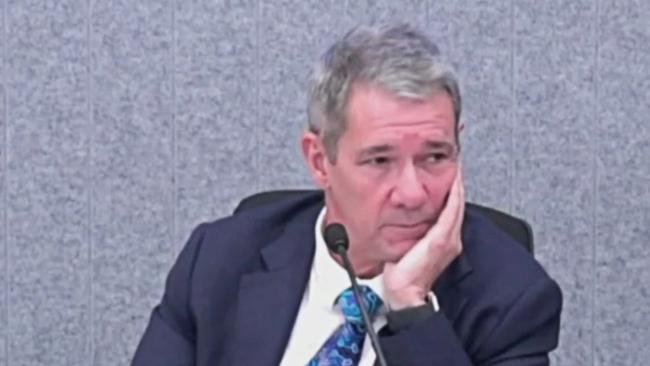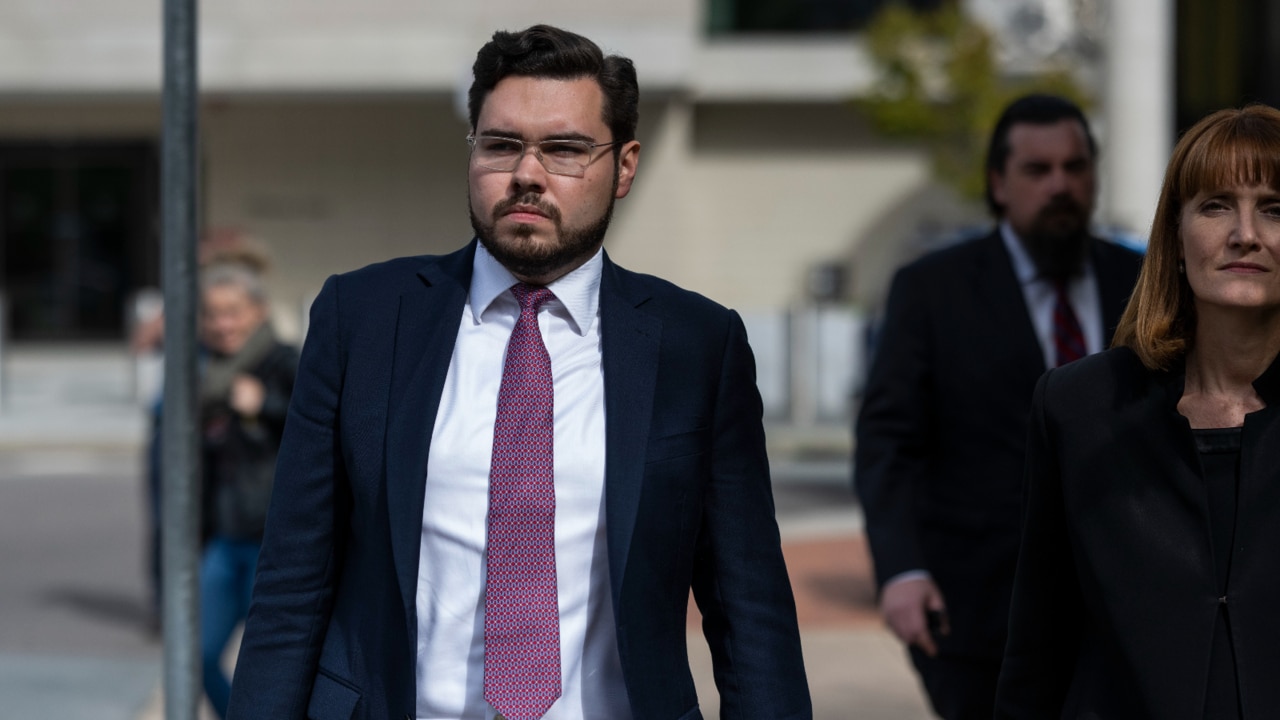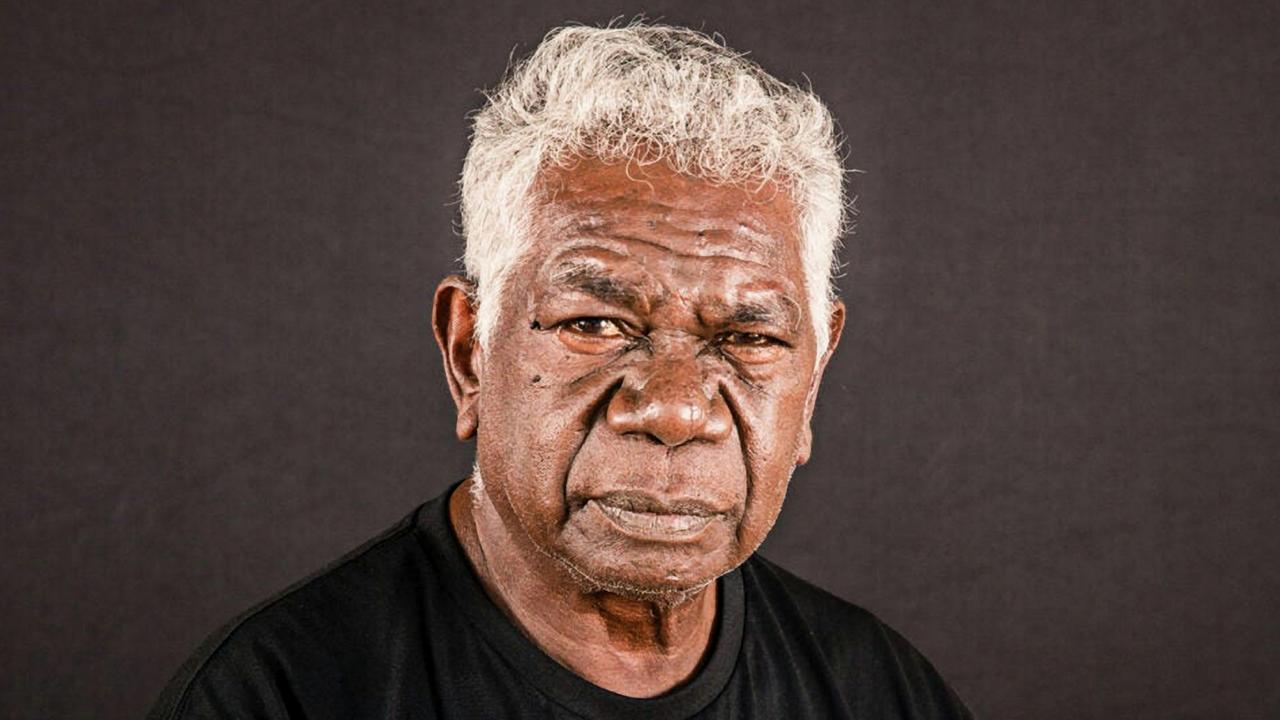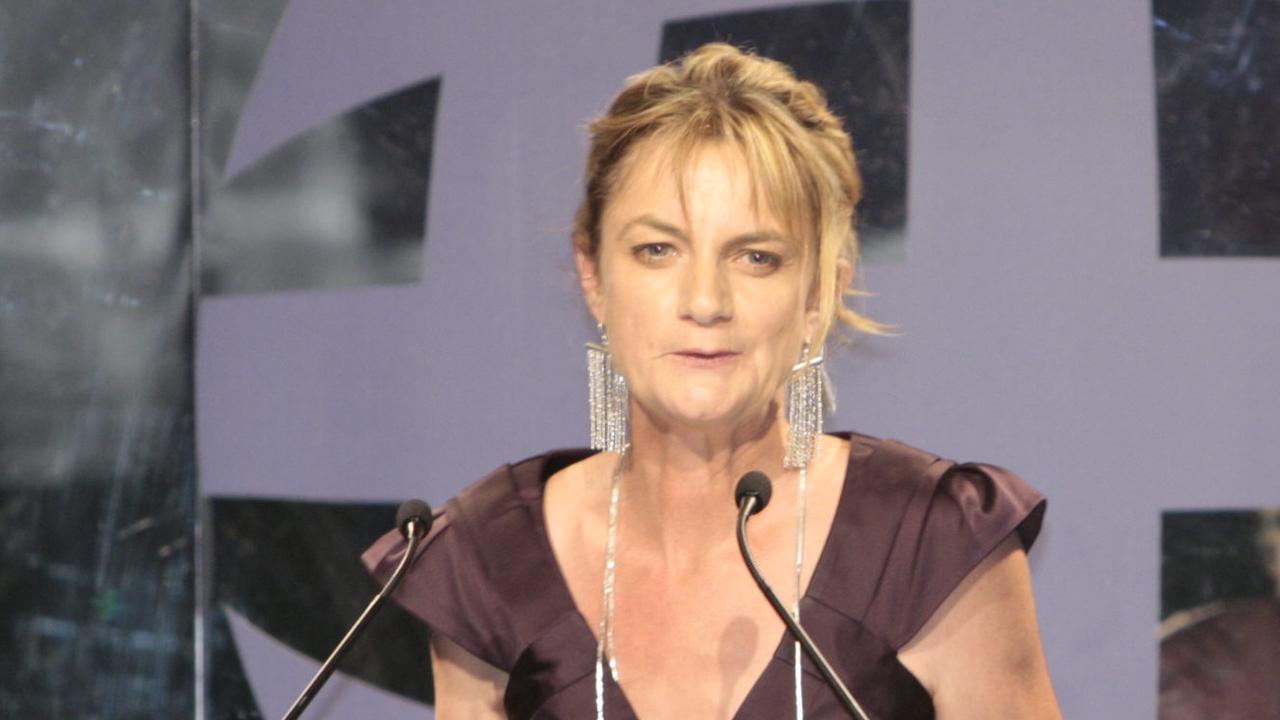Not just Drumgold: Prosecutors ‘rarely’ comply with law on disclosure, say lawyers
The astonishing misconduct findings against Shane Drumgold have rung alarm bells in several states, with prosecutors accused of consistently breaking the ‘golden rule’ of disclosure.

The failures in the ACT criminal justice system exposed by the Sofronoff Inquiry are not confined to the misconduct of chief prosecutor Shane Drumgold but are systemic across Australia and should be investigated with similar rigour, according to multiple senior lawyers and legal researchers
The findings against Mr Drumgold have rung alarm bells about the offices of Directors of Public Prosecutions in several states, with senior legal figures saying prosecutors consistently fail to comply with the “golden rule” of disclosure that sits at the heart of a fair trial.
In one recent NSW case, a man wrongly prosecuted for sexual assault was awarded $700,000 after police failed to reveal that the complainant had told them she’d engaged in consensual sex.
“There is a massive problem in NSW of police and prosecutors breaching their duty of disclosure by withholding material from the accused or dropping it on them at the last moment,” said Sydney human rights barrister Felicity Graham, who specialises in police and government accountability and hosts The Wigs podcast.
“It is rare for police and prosecutors to comply with their duty of disclosure in contested matters in NSW. It’s terrible and so many just blithely go along with it.”

Ms Graham ran a survey on Wednesday at the Legal Aid NSW Criminal Law Conference, which comprised mostly experienced criminal lawyers and “a handful” of prosecutors and barristers, asking: in criminal proceedings in NSW, how frequently does the prosecution fail to comply with its duty of disclosure?
Of about 300 lawyers there, 93 per cent of participants said the prosecution failed to comply with its disclosure obligations in NSW either routinely or frequently. Only 6 per cent said it was occasionally or rarely and 1 per cent said not sure.
“Speak to any defence lawyer in NSW, and they will not hesitate to tell you that there is a major problem with disclosure and none of them will be surprised by these results,” Ms Graham said.
The penalties for noncompliance were not strict enough, the legal mechanisms for redress were too often ineffective, the resources available to defence representatives were inadequate, and the oversight and accountability measures were severely lacking.
One of the biggest problems was that police did not have a good understanding of prosecutorial disclosure obligations.
“The police are the gatekeepers for disclosure; they hold all of the information. How can the system function properly when the gatekeepers don’t understand their obligations?” Ms Graham said.
“They frequently respond to requests for information by giving illegitimate reasons for withholding disclosable material.”
Getting full disclosure often depends on the extent of an accused person’s legal representation, with those relying on Legal Aid at extreme disadvantage.
“One lawyer said to me today, that with every grant of Legal Aid, there should be a separate grant of money simply to pay for all the work that has to go into trying to obtain disclosure,” Ms Graham said.
Former NSW Supreme Court judge Anthony Whealy KC, who has called for a review of Mr Drumgold’s past cases, told The Australian that failure to disclose was “more common than we might think” and was particularly alarming where prosecutors rather than police were involved.
“In my experience, there have been cases where the police have wanted to hold back documents and a good prosecutor has forced them and compelled them to hand those documents to him so that he can then give them to the defence,” Mr Whealy said.

“This is the very opposite – where the police had no objection to these documents being handed over but the prosecutor put a block on it by claiming privilege which was not his job to do.
“It’s a stark reminder that prosecutors have to be balanced, they have to be impartial.
“They have to uphold the standards of prosecutorial action on the one hand, and not discard them to get a win at all costs, which is what’s gone wrong here.”
Former prosecutor and criminal defence lawyer but now Labor MP Stephen Lawrence told The Australian: “There is a significant systemic issue in NSW around disclosure, and there’s been a number of high-profile cases where that has had a focus.
“It’s so high volume that you might have the focus on high-profile cases, but the systemic impacts are playing out always or often across hundreds or thousands of cases. In NSW, I’m very confident that the majority of criminal lawyers will tell you that there is not proper compliance with disclosure obligations on a regular basis.”
Mr Lawrence recently told NSW parliament the legal profession had “intensified concerns” regarding the conduct of prosecutors who had been swept up in the #MeToo movement and prosecuted sexual assault cases with little evidence.
He said courts had raised “serious questions as to whether police and prosecutors are striking the right balance” between honouring the alleged victim and adhering to the boundaries of justice.
In June NSW District Court acting judge James Curtis found the state liable for the malicious prosecution of a man charged with rape because the conduct of police in withholding evidence “was so egregious that it can only be explained by improper motives”.

A detective prepared a brief for the DPP and intentionally excluded police reports that revealed the woman had said she was consenting to sex.
The accused man was denied bail by a magistrate and later a judge who both relied on the submission that the Crown case was “very strong”. The man, who was only 17 at the time, spent 672 days in prison.
As four witnesses had described the sexual act as consensual, and the complainant twice stated that it was consensual, “there can have been little doubt that the prosecution would fail to prove beyond reasonable doubt that the sexual act was without the complainant’s consent”, Judge Curtis found.
The state of NSW was also found liable for malicious prosecution and misfeasance in public office.
Judge Curtis awarded the young man $700,000 in damages, and another $30,000 for false imprisonment.
Another recent rape trial was discontinued in the NSW District Court after it emerged prosecutors were aware of the complainant’s significant mental illness and history of false sexual assault allegations but had failed to disclose it to the defence on privacy grounds.
That was a clear breach of the DPP’s duty of disclosure, the defence said.
Judge Gordon Lerve sympathised with a claim by legal counsel that “this case appears to be yet another example of a glaringly improbable allegation being made by a gravely psychiatrically ill complainant, being shepherded through the criminal justice system by police and prosecutors who are seemingly determined to ignore obvious issues of credibility and reliability”.
The NSW Director of Public Prosecutions had told the defence that “while the Crown does have some knowledge in relation to the mental health history the Crown will not be disclosing any private information pertaining to the complainant”.


